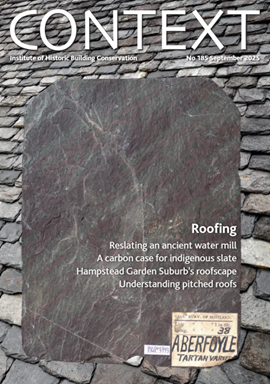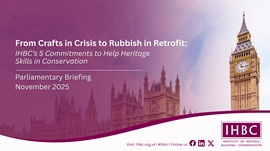About Precisionsurveysind
Precision Surveys is a well-qualified and professionally managed private limited company.
A Land Surveyor is a trained and qualified professional responsible for measuring and mapping the Earth's surface to determine property boundaries, topographical features, and other relevant information. Land surveying is a critical field that plays a crucial role in land development, construction, property assessment, and legal matters. These skilled individuals use specialised equipment and techniques to gather precise data, ensuring the accurate depiction of land and its features.
Here are some key aspects of a land surveyor's role:
- Boundary Determination: One of the primary tasks of a land surveyor is to establish property boundaries. They locate and mark these boundaries, which helps property owners understand the extent of their land and can prevent property disputes.
- Topographical Surveys: Land surveyors also create topographical maps that show the natural and man-made features of an area, such as hills, rivers, roads, and buildings. These maps are essential for land development, infrastructure planning, and environmental assessments.
- Construction and Development: Land surveyors play a vital role in the construction and development of properties. They ensure that buildings, roads, and infrastructure are built in the correct locations and adhere to zoning regulations.
- Legal Documentation: Surveyors often provide documentation, such as property descriptions and land records, that can be used in legal proceedings, including property disputes and land ownership matters.
- Environmental Assessment: Land surveyors may be involved in environmental surveys to identify sensitive areas, wetlands, or ecological features that need to be protected during land development.
- Geospatial Technology: In recent years, land surveying has become more technologically advanced with the use of GPS (Global Positioning System) and GIS (Geographic Information Systems). These tools have improved the precision and efficiency of surveying.
- Research and Data Analysis: Surveyors research historical documents, maps, and other records to gain insight into the history of a property and any previous surveys. They then analyze the data to create accurate survey reports.
- Communication: Land surveyors often work closely with property owners, developers, engineers, architects, and local authorities to ensure that land-related projects comply with regulations and guidelines.
To become a land surveyor, one typically needs formal education in surveying or a related field. Additionally, in many regions, professional certification and licensure are required to practice as a land surveyor. These regulations are in place to ensure the competence and ethics of individuals working in this important field.
In summary, land surveyors are professionals who perform a critical role in land management, development, and legal matters. Their work is essential for maintaining property boundaries, ensuring construction accuracy, and supporting informed decision-making in various industries.
IHBC NewsBlog
Latest IHBC Issue of Context features Roofing
Articles range from slate to pitched roofs, and carbon impact to solar generation to roofscapes.
Three reasons not to demolish Edinburgh’s Argyle House
Should 'Edinburgh's ugliest building' be saved?
IHBC’s 2025 Parliamentary Briefing...from Crafts in Crisis to Rubbish Retrofit
IHBC launches research-led ‘5 Commitments to Help Heritage Skills in Conservation’
How RDSAP 10.2 impacts EPC assessments in traditional buildings
Energy performance certificates (EPCs) tell us how energy efficient our buildings are, but the way these certificates are generated has changed.
700-year-old church tower suspended 45ft
The London church is part of a 'never seen before feat of engineering'.
The historic Old War Office (OWO) has undergone a remarkable transformation
The Grade II* listed neo-Baroque landmark in central London is an example of adaptive reuse in architecture, where heritage meets modern sophistication.
West Midlands Heritage Careers Fair 2025
Join the West Midlands Historic Buildings Trust on 13 October 2025, from 10.00am.
Former carpark and shopping centre to be transformed into new homes
Transformation to be a UK first.
Canada is losing its churches…
Can communities afford to let that happen?
131 derelict buildings recorded in Dublin city
It has increased 80% in the past four years.














